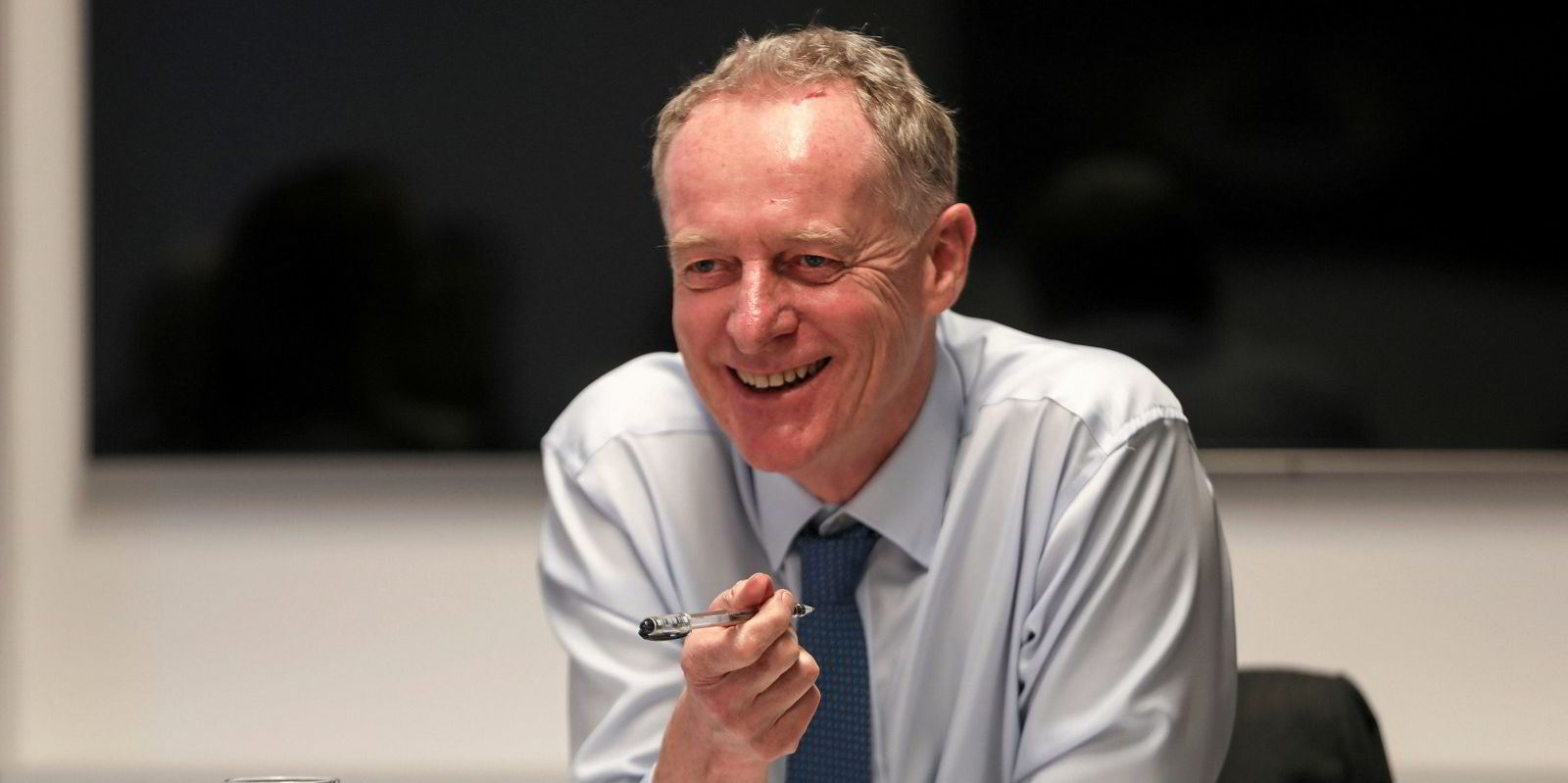TW+, the magazine from TradeWinds, was first published 10 years ago. To mark the occasion, we decided not to look back but forward, to what the next few years might hold for shipping.
This edition investigates major questions facing shipping’s sectors over the coming decade. How long will demand for oil continue to allow tankers to be a cash cow, and when are LNG carriers likely to take over from them? And how long will the world want gas after that? What will the seafarers of the future need to know, and how they will want to be treated?
Running like a thread through all the sectoral themes is the factor of decarbonisation, which is the biggest issue faced by the industry, wherever you look.

However, we decided not to address it as a separate issue, partly because it is a significant factor in just about every article here but also because, not so long ago, TW+ devoted a whole edition to the subject.
This issue features interviews with several of the leading candidates for the position of secretary general of the International Maritime Organization.
Nancy Karigithu, Kenya’s most senior maritime administrator, faces competition from, among others, Panama’s Arsenio Dominguez, who is the current director of the IMO’s marine environment division; Turkey’s Suat Hayri Aka; and late runners senior transport official Minna Kivimaki of Finland and Xiaojie Zhang, the Chinese official who is director of the technical co-operation division.
Whoever wins the election to replace Kitack Lim at the end of the year will face the issues raised in this edition of TW+. Again, the biggest by far will be reducing shipping’s greenhouse gas emissions.
The IMO has just failed to set an agenda for ministers to decide in July on a viable net zero target for shipping. But with so much of the rest of the world publicly pledging to targets, even if not doing enough in practice to make them achievable, shipping will not be able to evade its obligations.
Opposition from countries including big hitters China and Russia, which voted against a zero target, threatens the IMO with a future of irrelevance as the global shipping regulator if regional actors, led by the European Union, decide it is incapable of action and continue to set a more stringent agenda.
The EU has already moved to include shipping in its emissions trading system. It subsequently indicated that its FuelEU Maritime Regulation will stipulate that the GHG intensity of fuels should be reduced by at least 2% by 2025, ratcheting up to 80% by 2050.
The US and China are expected to regulate in similar ways. That would mean a patchwork structure of rules developing across the world. It might not be a global playing field, but it would take the lead in enforcement.
The lack of obvious or readily available alternative fuels and technologies remains a major problem for the industry, but should not be used as an excuse for inaction at the IMO or by shipping companies.
To overcome the difficulties will require help from and co-operation with governments and other industries, notably energy, and across logistical supply chains as efforts to cut emissions become more integrated and entangled.
That means greater collaboration within shipping by those who have in the past seen themselves as competitors and who naturally do not want to share their information with rivals. But it also means going further and opening up to the outside world.
In making these connections, the industry’s very nature, its psyche, will need to change. Shipping will need to evolve more rapidly and more completely than ever before.



